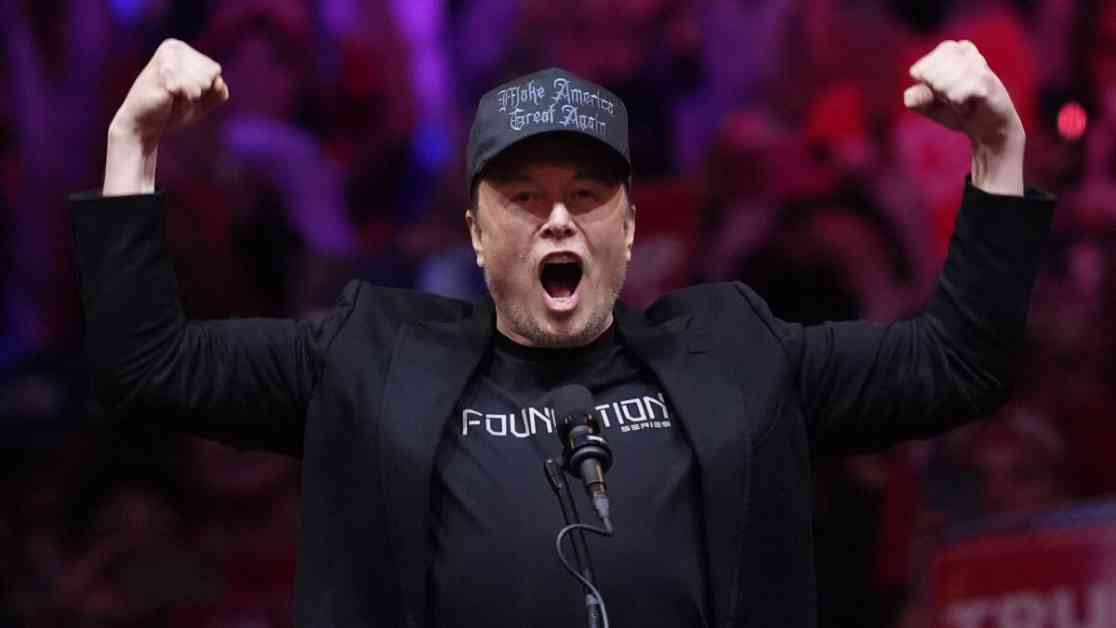When Do the Richest Americans Finish Paying Social Security Taxes?
In a world where income inequality continues to rise, one critical aspect that often goes unnoticed is how the wealthiest Americans fulfill their Social Security tax obligations. Imagine a scenario where Apple’s CEO, Tim Cook, completes his payment by 2 p.m. on New Year’s Day, while McDonald’s CEO, Christopher Kempczinski, settles his dues on the morning of January 3. Then there’s Elon Musk, who wraps up his tax responsibility around 12:31 a.m. on New Year’s Day. These individuals belong to a privileged group that achieves this feat within days or even minutes of the New Year’s ball dropping at Times Square.
The Disparity in Social Security Contributions
According to economist Teresa Ghilarducci of the New School, over 230 of the richest Americans have already met their Social Security tax obligations for the year. This is because earnings above $176,100, the cap on wages taxed by Social Security, are exempt. In contrast, over 164 million workers, comprising about 94% of the population, pay Social Security taxes throughout the year. Ghilarducci highlights the stark reality that a significant portion of income evades the Social Security system, primarily from the wealthiest Americans.
Proposed Social Security Reforms
One of the proposed Social Security reforms by Democrats involves raising or eliminating the payroll tax cap. However, Ghilarducci suggests delving further by expanding the definition of earnings to include various income categories like interest, business receipts, and capital gains. By taxing this expanded base, it could potentially fund Social Security benefits for 35 years and even eradicate poverty among all Social Security recipients.
The Complexity of Taxation for the Wealthy
When it comes to assessing the income of top corporate executives like Tim Cook and Elon Musk, the intricacies of their compensation packages pose challenges. Companies often structure executive pay to minimize cash components in favor of stock and stock options, which are not subject to payroll taxes. The Securities and Exchange Commission’s regulation on disclosing “compensation actually paid” to executives aims to provide transparency but can sometimes obfuscate true earnings.
In conclusion, the current system of Social Security taxation highlights the disproportionate burden placed on the working class compared to the wealthy. By reevaluating tax structures and ensuring that all income categories contribute fairly, we can work towards a more equitable future for all Americans.





















